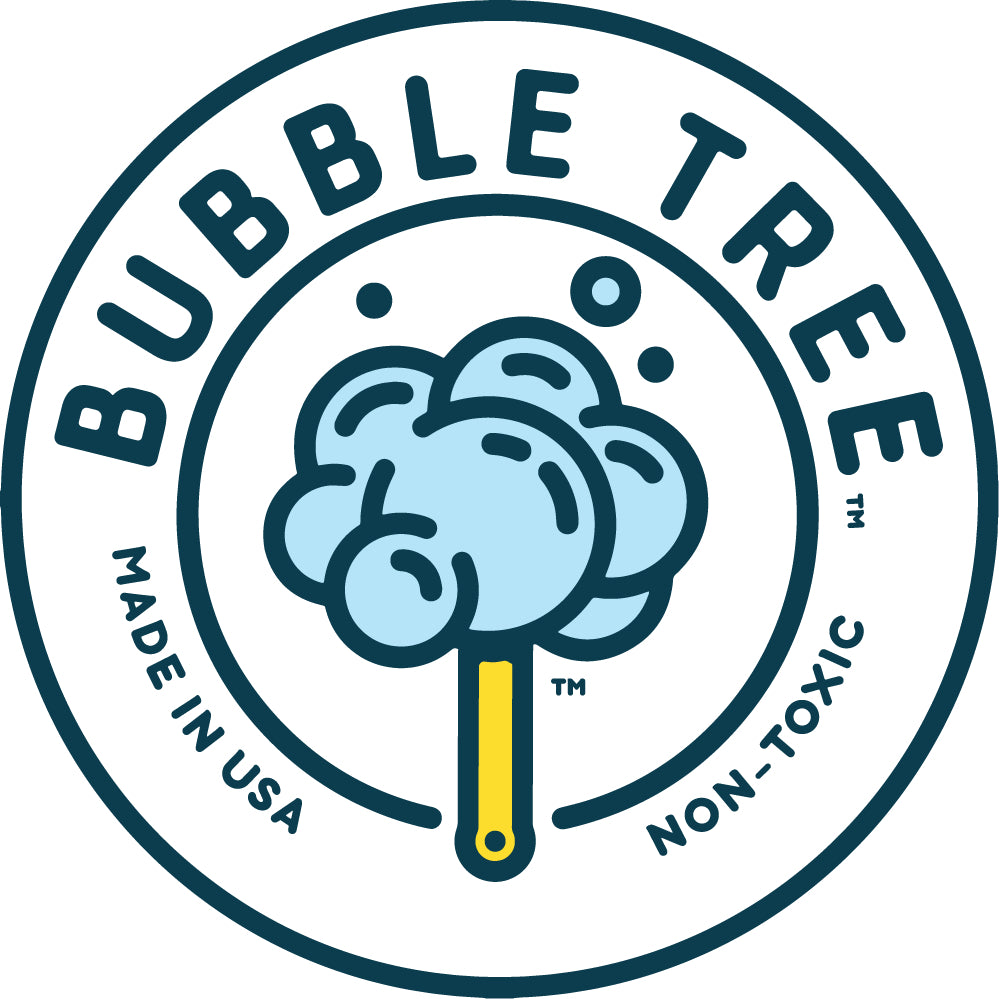Reducing Single-Use Plastic Pollution: A Unified Approach
19 March 2020
For the avoidance of doubt, let’s first clarify the meaning of the term “single-use plastics” in the context of this article. We’re talking specifically about products like plastic bottles and sweets wrappers, which are designed to be used once before being discarded.A staggering 91 per cent of all plastic is single-use, and the rate of mass production since plastic became commonly used almost six decades ago has resulted in 8.3 billion metric tonnes of plastic pollution.1 The scariest part of this is that production of plastic is set to double over the next 20 years, despite increasing awareness of its detrimental impact on the environment.
Bring all these facts together and it becomes clear that we are in the murky depths of a global plastic crisis. The problem is so serious that the United Nations has identified single-use plastics as one of the world’s biggest environmental challenges of modern times.
And a challenge it is. But who is to blame? Well, the answer depends entirely on who you ask.
Manufacturers argue the case for supply and demand. Why stop producing something that consumers clearly want and continue to buy? Consumers defend themselves by citing lack of choice at point of sale, inflated costs for sustainable options and greenwashing tactics (conveying deliberately misleading information that positions a brand or product as more environmentally sound than it really is) that cause confusion. Meanwhile, the Government of the United Kingdom treads water as it proposes taxes, bans and reforms to outdated production and consumption systems.
As we continue to operate in a paradigm of evading responsibility, we fail to recognize our own shortcomings and the part we play—both individually and collectively—to tackle this problem. The truth is that we are part of a system and we all have an important role within it. Finger-pointing only serves to divert attention from the actual problem. It stalls the action that leads to progress—and we are running out of time.
The only way to end our dependence on single-use plastic is for everyone to recognize, understand and respect the challenges present at every level and act accordingly to address them. As with all effective systems, there needs to be communication, cohesion and unity, otherwise they break down. This same approach must be applied across consumer groups, industry and government to identify and implement effective solutions to the single-use plastic crisis.
Taking a circular approach
Government and private industry continue to make ambitious commitments in the transition towards a circular economy—a system based on creating economic value by eliminating waste and reliance on finite resources in favour of the continued use of materials and resources within it.
It sounds simple enough. One might think that having the 79 businesses that are single-handedly responsible for more than 80 per cent of plastic packaging in products sold across supermarkets in the United Kingdom adopt this approach would solve the problem, right?
Wrong.
The circular model in its present state is not perfect. It is progressive, but as it does not extend to monitoring or capturing single-use materials that leak out of the circular loop or have already escaped into the environment, it is inadequate. The European Union projects that marine plastic pollution will increase to 150 million tonnes by 2025.2 This phenomenon must be addressed in the circular approach to make it a truly effective and encompassing model.
We must measure the extent and impact of the single-use plastic problem to fully understand and manage it. Tracking and recording single-use plastic lost to the environment is an almost impossible task, but that doesn’t make it any less important. The truth is that it can be done.
Demanding transparency and accountability
Plastic Patrol, the non-profit organization I founded in 2016, combines adventure activism and disruptive technology to crowdsource data on single-use waste through a global network of volunteers. Citizens join free, activity-based clean-ups organized either officially by our team or independently. Everything collected is recorded in the Plastic Patrol app, which provides insight into location, type, brand and quantity of the items collected, as well as human behaviour, all over the world. It’s a real-time and “always on” approach to the collection of data on litter.
Lizzie Carr on a Plastic Patrol UK clean-up of Rochedale Canal in northern England, 2018. ©Andrew Hargraves Photography
Citizens have the responsibility to police and, ultimately, measure all single-use waste that leaks from the circular system and introduce it back into the system. The data captured serves as an impartial and robust tool to set industry benchmarks based on evidence and develop ambitious targets that can be regulated by government.
To date, more than 15,000 volunteers have taken part in this project, and data has been recorded across 80 countries. The general public are motivated by action but aren’t working against the system, they are working for it. Recording single-use litter and presenting findings is not an attack on industry or government failings. It is a critical resource and analytical tool that, if embraced by all, can harness the positive actions of the population to provide valuable (and otherwise largely unobtainable insight) into the trends and patterns related to single-use plastic and human behaviour to drive meaningful change upstream.
This unified approach not only ensures that single-use plastic is intercepted and removed from the natural environment, and that it is placed back into the circular system. It also creates an unprecedented level of transparent accountability, which companies that are genuinely looking for solutions should welcome. The project gives consumers, industry and government the unique opportunity to collaborate and take collective ownership of the problem. Data collected by the public can help accelerate and monitor the transition to a circular economy. Plastic Patrol is igniting and leading behavioural change around single-use plastic through community action and citizen science, while driving industry and political action that serve to protect our planet and wildlife from the harmful effects of such litter.
Supporting government action
In 2019, Plastic Patrol released its first-ever impact report detailing the extent of single-use litter in the United Kingdom. Based on an analysis of 110,614 pieces of litter crowdsourced through the Plastic Patrol app in 2019, the insights provide a framework to call for strong and urgent industry action, and support government plans to invoke the “polluter pays” principle and reform the current remit of extended producer responsibility (EPR), a policy approach that extends a producer’s responsibility for a product to the post-use stage beyond point of purchase.
The Government of the United Kingdom outlined plans for obligated businesses to pay full net costs for managing packaging waste, including the collection, recycling, disposal and clean-up of litter.
To ensure that EPR is effective, it must be supported by a transparent and data-driven regulatory and monitoring framework. Costs must be fairly distributed between producers and a robust mechanism must be used to accurately track materials throughout the system, including leakage into the environment. Crowdsourced data on polluting materials will be essential to monitoring progress and calculating costs associated with those materials, and technology like the Plastic Patrol app provides an opportunity to support such a regulatory and monitoring framework.
With so many different parties involved, the solution may seem challenging to implement. If everyone is striving to achieve the same end goal, however, then it should be overwhelmingly simple to execute. But we must stop pointing fingers and start working together.
Notes
1 Roland Geyer, Jenna R. Jambeck and Kara Lavender Law, “Production, use, and fate of all plastics ever made”, Science Advances, vol. 3, No. 7 (July 2017). Available athttps://advances.sciencemag.org/content/3/7/e1700782.full.
2 Ben Webster, “Plastic in oceans will triple within seven years, scientists warn”, Times, 21 March 2018.The UN Chronicle is not an official record. It is privileged to host senior United Nations officials as well as distinguished contributors from outside the United Nations system whose views are not necessarily those of the United Nations. Similarly, the boundaries and names shown, and the designations used, in maps or articles do not necessarily imply endorsement or acceptance by the United Nations.

